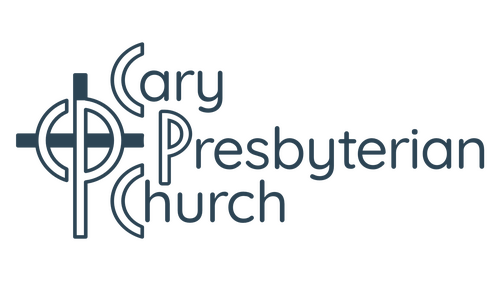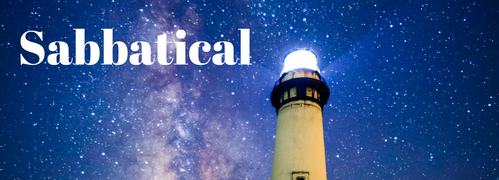

Daily Primer — July 30, Glasgow — Scotland
Each day you will be given:
A Florilegium entry
A Daily Prayer
and a Night Prayer.
A Florilegium entry
A Daily Prayer
and a Night Prayer.
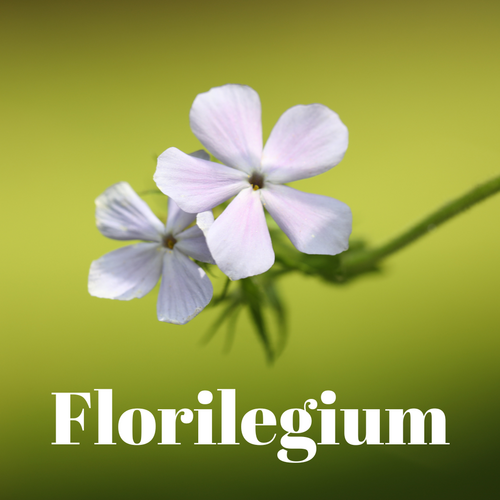
Do you know the story of Saint Brendan the Navigator? It was a best-seller throughout the Middle Ages, becoming one of the most widely disseminated and copied works of Europe and the British Isles. St. Brendan and his fellow voyagers set out on an epic quest to find the “Promised Land of the Saints,” (= heaven). For seven years they endured the perils and hardships of the North Atlantic seas. They occasionally made landfall and their narrative has been called the first description of a transatlantic navigation to Newfoundland via the “stepping stone route” of outer Hebrides Islands, to the Faroe Islands, to Iceland, to Greenland, to Newfoundland. If the voyage of Brendan truly was all the way West to Newfoundland and back it would represent a truly astounding geographic pilgrimage.
But the story of St. Brendan is a peculiar story full of extraordinary moments of wonders beyond the possible. They encounter a sea creature so large that its back is mistaken for an island. They encounter all manner of talking animals (particularly birds), and throughout the seven-year peregrination they only refer to time by the seasons of the liturgical year, and the hours of the daily offices. This would not have been unusual for monastics of that age, whose whole life was characterized by the commitment to keep up unceasing prayers for the world. And yet, the constant measuring of time by liturgical season and hour of prayer points to a deep and important aspect of this sacred travel. Brendan and his fellow pilgrims were not just moving through the waters of the North Atlantic. They were keenly cognizant that they were moving through the sacred precincts of time. They knew that they were encircled (“precinct” derives from praecingere ‘encircle’) within the mystery of God’s eternal NOW. They arrived at the destination of their quest — the “Promised Land of the Saints” — but the question is this: “Did they get to the Promised Land of the Saints by boat, wave, oar, tides, and strain of back? Or did they arrive at that holy destination by prayer, worship, attention to the narrative of the gospel, and a willingness to stop seven times daily to pray the hours?”
Perhaps they got where they were going by a resilient commitment to both the outer journey of boats and oars and tides and the inner odyssey of a loving commitment to the discipline of immersing themselves in the prayers of God’s people. Praying the daily offices throughout the seven year cycle was a way of hallowing time. Each moment was seen as a moment for decision to either follow the call as an obedient creature or strike out on their own in some form of self-reliant autonomy.
As we make our way from the US to Scotland and then to the outer Hebrides and Iona, it is good to hallow the journey by immersing it in prayer. If we will embrace the regular practice of returning our attention to God in prayer/worship we will find that our pilgrimage is far more wondrous and holy.
St. Columba, St. Aidan, St. Cuthbert, St. Mungo, St. Finbarr, St. Margarett and others we will encounter on our pilgrimage all prayed the daily offices. It is not too soon for us to begin hallowing time and growing in our familiarity and appreciation of the discipline of daily-prayer.
But the story of St. Brendan is a peculiar story full of extraordinary moments of wonders beyond the possible. They encounter a sea creature so large that its back is mistaken for an island. They encounter all manner of talking animals (particularly birds), and throughout the seven-year peregrination they only refer to time by the seasons of the liturgical year, and the hours of the daily offices. This would not have been unusual for monastics of that age, whose whole life was characterized by the commitment to keep up unceasing prayers for the world. And yet, the constant measuring of time by liturgical season and hour of prayer points to a deep and important aspect of this sacred travel. Brendan and his fellow pilgrims were not just moving through the waters of the North Atlantic. They were keenly cognizant that they were moving through the sacred precincts of time. They knew that they were encircled (“precinct” derives from praecingere ‘encircle’) within the mystery of God’s eternal NOW. They arrived at the destination of their quest — the “Promised Land of the Saints” — but the question is this: “Did they get to the Promised Land of the Saints by boat, wave, oar, tides, and strain of back? Or did they arrive at that holy destination by prayer, worship, attention to the narrative of the gospel, and a willingness to stop seven times daily to pray the hours?”
Perhaps they got where they were going by a resilient commitment to both the outer journey of boats and oars and tides and the inner odyssey of a loving commitment to the discipline of immersing themselves in the prayers of God’s people. Praying the daily offices throughout the seven year cycle was a way of hallowing time. Each moment was seen as a moment for decision to either follow the call as an obedient creature or strike out on their own in some form of self-reliant autonomy.
As we make our way from the US to Scotland and then to the outer Hebrides and Iona, it is good to hallow the journey by immersing it in prayer. If we will embrace the regular practice of returning our attention to God in prayer/worship we will find that our pilgrimage is far more wondrous and holy.
St. Columba, St. Aidan, St. Cuthbert, St. Mungo, St. Finbarr, St. Margarett and others we will encounter on our pilgrimage all prayed the daily offices. It is not too soon for us to begin hallowing time and growing in our familiarity and appreciation of the discipline of daily-prayer.
Taken from my blog Stillpoint PHL.
Florilegium is the Medieval Latin word for bouquet, or more literally flowers (flos, flor-) which are gathered (legere). The word florilegium was used to refer to a compilation of writings, often religious or philosophical. These florilegium are literary flowers—beautiful words/prayers/thoughts I have gathered. During my sabbatical they will give me something to ponder each day. — PHL.
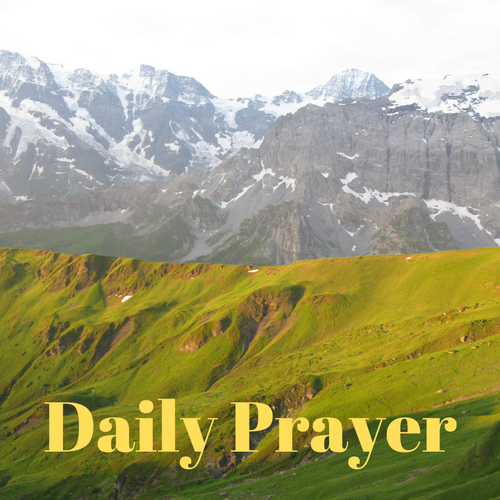
O God, who gave your servant Columba the gifts of courage, faith, and cheerfulness, and sent people forth from Iona to carry the word of your gospel to every creature:
grant, we pray, a like spirit to your church,
even at this present time.
Further in all things the purpose of our community,
that hidden things may be revealed to us,
and new ways found to touch the hearts of all.
May we preserve with each other
sincere charity and peace,
and, if it be your holy will,
grant that this place of your abiding be continued still
to be a sanctuary and a light.
Through Jesus, Amen.
grant, we pray, a like spirit to your church,
even at this present time.
Further in all things the purpose of our community,
that hidden things may be revealed to us,
and new ways found to touch the hearts of all.
May we preserve with each other
sincere charity and peace,
and, if it be your holy will,
grant that this place of your abiding be continued still
to be a sanctuary and a light.
Through Jesus, Amen.
Iona Abbey Worship Book - Wednesday Morning service pp. 19-20.
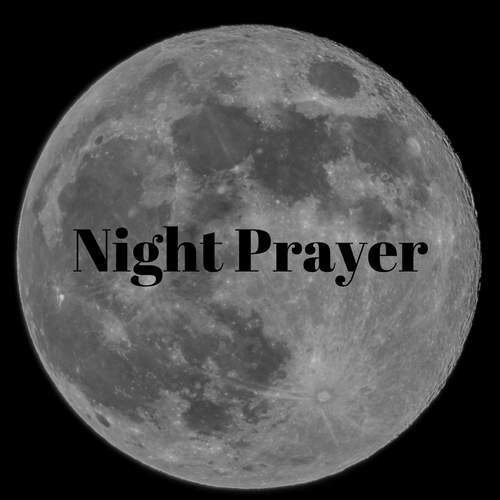
God, bless to me this day,
God, bless to me this night;
Bless, O Bless, Thou God of grace,
Each day and hour of my life;
Bless, O Bless, Thou God of grace,
Each day and hour of my life.
God, bless the pathway on which I go,
God, bless the earth that is beneath my sole;
Bless, O God, and give to me Thy love,
O God of gods, bless my rest and repose;
Bless, O God, and give to me Thy love,
And bless, O God of gods, my repose.
God, bless to me this night;
Bless, O Bless, Thou God of grace,
Each day and hour of my life;
Bless, O Bless, Thou God of grace,
Each day and hour of my life.
God, bless the pathway on which I go,
God, bless the earth that is beneath my sole;
Bless, O God, and give to me Thy love,
O God of gods, bless my rest and repose;
Bless, O God, and give to me Thy love,
And bless, O God of gods, my repose.
Carmina Gadelica: Hymns & Incantations collected in the Highlands and Islands of Scotland, Alexander Carmichael, #270 The Journey Prayer.
